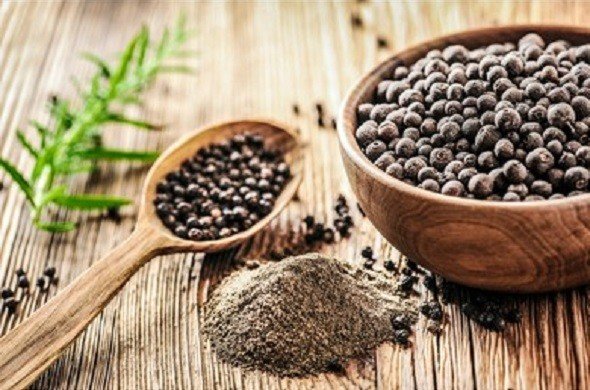UPL scales up its ProNutiva Groundnut program in Gujarat
As a part of the program, UPL will provide sanitization, employment, spraying service for white grub in the villages and provide an access to its mobile application – nurture.farm
UPL Ltd., global provider of sustainable agriculture products and solutions, has announced the scaling up of its ProNutiva Sada Samrudh Groundnut program in Gujarat. The program aims to increase the productivity and enhance the quality of groundnut crop by applying sustainable agronomy practices including proper training, technology interventions and farm mechanization.
The program is expected to benefit over 1 million groundnut farmers across the state in the next three years with enhanced yields and income and generate employment opportunities for the local youth. Gujarat is the largest producer of groundnuts in India.
UPL Ltd has been on boarding farmers to the Pronutiva program – which is a solutions portfolio with a combination of conventional and bio-solution products and services – products for crop establishment, crop protection and crop nutrients, services such as weather forecasting, rain gauging, soil testing, farm mechanization and crop advisory services. As a part of the program, UPL will also provide sanitization, employment, spraying service for white grub in the villages and provide an access to its mobile application – nurture.farm. The unique application not only provides stage wise crop advisory with details related to farming, sowing and also a scanner to identify fake products which have infiltrated the market.
One of the most innovative solution used in the program is the patented technology ZEBA, which absorbs water and nutrients and releases it to the plant when it’s needed by the plant.
Sameer Tandon, Regional Head for ASEANZ, UPL Ltd said, “We, at UPL, are dedicated to the welfare and prosperity of the farmers who are our key stakeholders. We aim to partner with farmers to build a resilient and sustainable farming ecosystem by reducing risk and improving the quality of life of farmers. The farmers in Gujarat, India’s highest groundnut producing state, were facing issues such as white-grub infestation, water management, and soil nutrient deficiency. We, through the ProNutiva Sada Samrudh Program aim to increase the yield and unlock the income potential of groundnut farmers in Gujarat using strategic, sustainable and scientific methods. We are incredibly proud of the results that our efforts have yielded and hope to reach more farmers this year.”
Ashish Dobhal, Regional Head of India, UPL Ltd, mentions, “UPL has always endeavoured to holistically and sustainably improve each crop, and this program has done just that. The results of our groundnut program in Gujarat have been great not only because of the increased yield but also because of the reduction in cost for the farmers, proving to be extremely beneficial. After the initial success of the program, we have decided to go one step further and scale it up, and we hope to benefit maximum farmers in the next 3 years.”
As a part of the program, UPL














